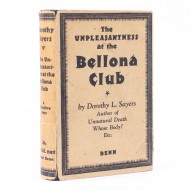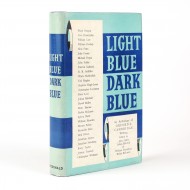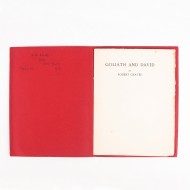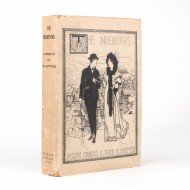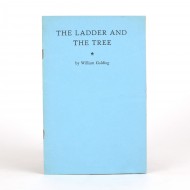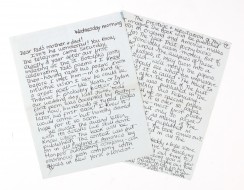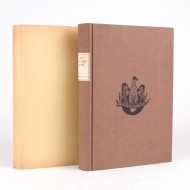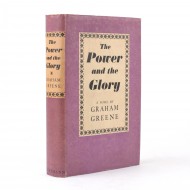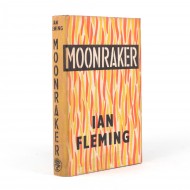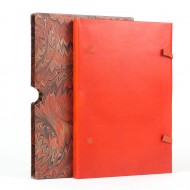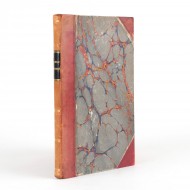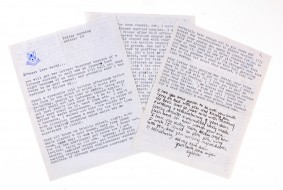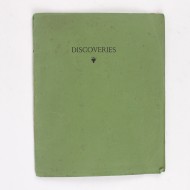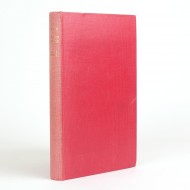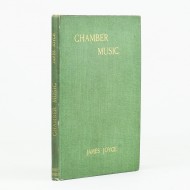Autograph Letter Signed to Edmund Garrett

1900.
An excellent, unpublished letter from Rudyard Kipling to Edmund Garrett. Five handwritten sides of letter paper (two sheets, folded twice, approximately 920 words), signed "Rudyard Kipling" with a ten line postscript. At the head of the first page, Kipling has written "I apologise for this vile writing. It's stylographic - not Aramaic." Kipling opens by apologising for not getting in touch sooner, "O allah I've been hung with one thing and another", before turning to South Africa politics, and Garrett's absence from it, "They wailed about you considerable in Cape Town when I was down there, and with justice for the Cape Times was missing obvious points and generally disporting itself in a butt ended and balls-eyed, and band-bellied fashion". He comments on his upcoming trip to South Africa, and what he hopes to contribute to the discourse, "I can't keep away from the glorious old melting pot though I shall never be a politician and the utmost I can get will be a few short stories. I... do my level best to make 'em good for my purposes which (whisper now) are not purely literary and not branded by desire (which I think simply beastly) of 'making my reputation'. I too want to help the Idea. Isn't it a blessing that Ideas are so much bigger and better and higher and holier than the man we must knock the notions into or the vessel that holds 'em." Kipling turns particular attention to army reform, "I don't mind the average officer being a common ass. What I fear is his being a trained fool - an idiot who has laboriously learned how to be the biggest fool in the shortest time. I tried faintly to indicate this in a few tales I did for the Express - but it is beyond all depicting." He then talks of Herbert Baker's "rather fine memorial for the Kimberley dead" and sketches a small caricature of monument, for which he was commissioned to inscribe a poem. He comments that "the real effect is rather phallic, phoenician and paradoxic". Writing of the current state of South Africa he says, "Most of the S. Africa I saw up country was like a nutmeg-grater; seeing was perforated with rifle-fire. There's a great opening for architects these days - of houses as well as states." The remainder of the letter is focused on the Boer War and Kipling's views on politics, "John X [Merriman] has devoted himself lately to cursing me by name. He says I am the chosen guide of British Statesmen!! Now I do not think highly of British Statesmen at all but they have not fallen so low." He saves praise, however, for Alfred Milner, "Milner this spring was a magnificent study. I respect that man with his long lean horse-head, his infinite patience and his vision which is not the vision of a politician... the Dutch respect him as much as they hate him and if he can only be left alone for the next few years to do his appointed work there will be comfort for the land." Talking particularly of the state of the war, he writes "Both sides are utterly talked out. They are dead sick and weary of the war-exhausted volcanoes... And the day when John X is realised as a fake will be a grand day for the land." Before signing, Kipling turns to Garrett's health, "Now I'm not going to inflict any more trash on you because I want you to get well and come along to the sunshine again... In the interval I pray you remember what a pleasure it would be to me if I could get or do for you anything that you want got or done." Kipling signs, "yours sincerely Rudyard Kipling", before adding a ten line postscript on his hopes for installing a Boer commander as military governor in the West, "why in the name of commonsense not make him military governor of the West generally - from Prieska say, to Vryberg? He does not consider that he has been loyally supported by the Griqualand West rebels and I think he would carry out both his ideal of justice and ours!"
An exceptional, detailed and long letter from Kipling to Edmund Garrett on the state of South Africa and the ongoing Boer War. The letter dates from a pivotal time in the conflict, just before the annexation of Transvaal and the capture of Pretoria.
By this time, Garrett had been back in Britain recovering from tuberculosis for over a year, while Kipling was now in the habit of making annual winter trips to South Africa. It is Kipling, therefore, who is sharing the news from there with Garrett, rather than receiving it from him.
Kipling's mention of army reform here is particularly significant. After seeing much of the Boer War and the losses the British incurred with his own eyes, Kipling became very critical of military leadership and wrote privately and publicly of the need to reform in the light of an inevitable future conflict with Germany. At one point in this letter his rage at army officers renders him speechless, and the failure of the British Army to reform was immortalised in his later poem 'Epitaphs Of The War': "If any question why we died, Tell them, because our fathers lied."
The architect Herbert Baker had lived with Garrett in Muizenberg, and it was here on an earlier visit that Kipling and Garrett first met. The Honoured Dead Memorial at Kimberley had been commissioned by Cecil Rhodes after that city had been besieged by forces from the Boer republics. Baker's design was based on the Nereid Monument - being a Doric temple set on a high base - and Rhodes commissioned Kipling to provide an inscription for it, which was to be carved in large Roman capitals.
The second half of the letter, concerned entirely with the major figures of the war and South African politics gives a sense of Kipling's nuanced positioning. Though he is not jingoistically wed to the British, "Now I do not think highly of British Statesmen", he shares high praise for Alfred Milner. Equally, while he pours scorn on John X. Merriman, he closes the letter with the suggestion that a Boer military governor be given control of Griqualand West. Kipling also, prophetically, sees that an end to the first phase of the war is close at hand, where he says "both sides are utterly talked out. They are dead sick and weary of the war-exhausted volcanoes."
Stock ID: 41809
Sold
We have sold this item, but similar items
may become available in the future





